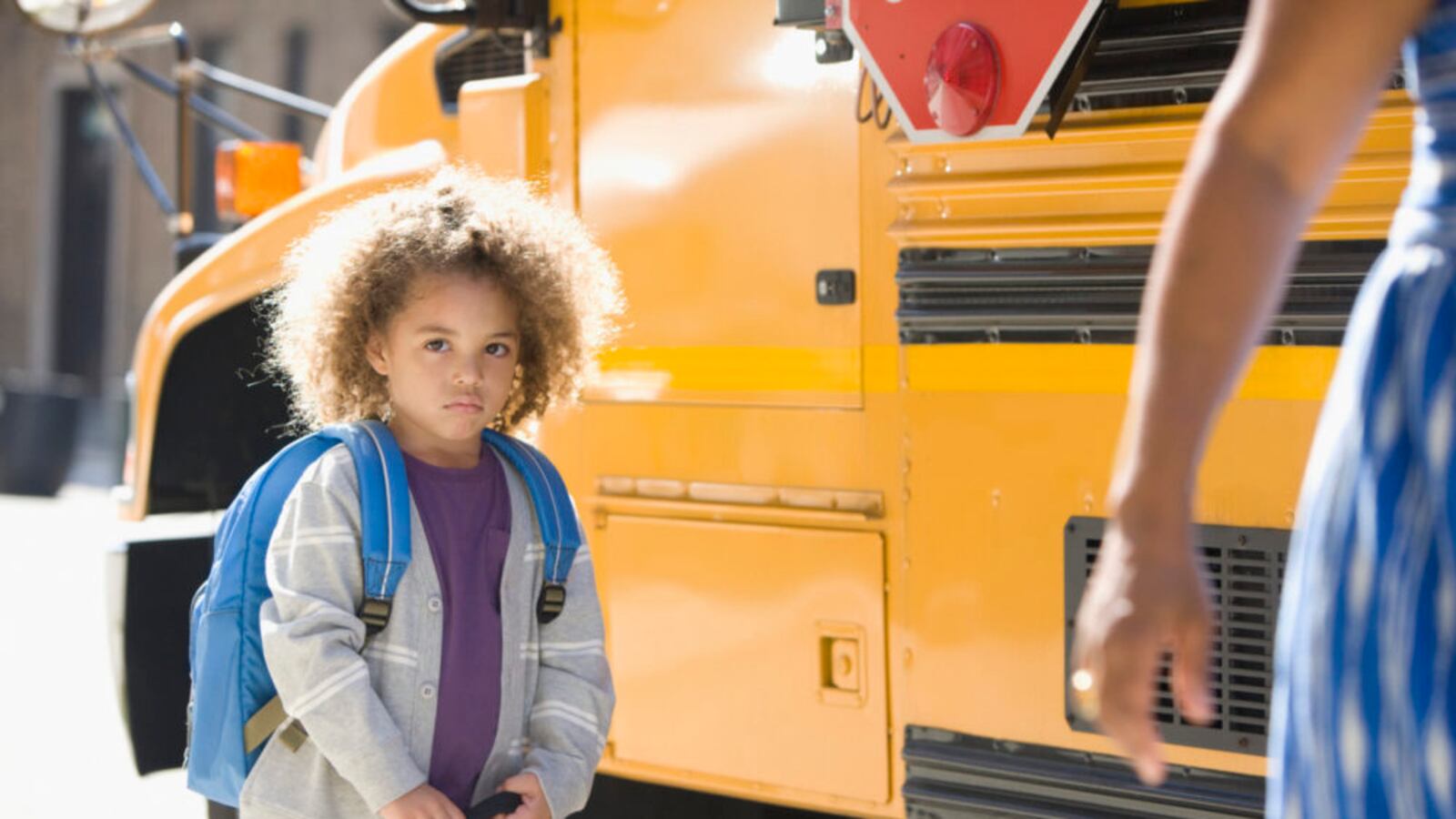An effort to limit school suspensions and expulsions for Colorado’s youngest students took its first step to becoming law Thursday.
House Bill 1194 would allow such actions only if a young student — one in second grade or below — has a weapon or drugs or creates a safety risk. It next heads to the House floor.
Advocates for the measure argued that tossing young children out of school does more harm than good. More than 5,800 students faced such punishment in the 2017-18 school year, about three suspensions for every 100 students in grades K-2.
“This is a critical developmental era for these children. We’re talking about 7-year-olds and younger,” said state Rep. Colin Larson, a Littleton Republican and co-sponsor of the bill. “It’s much easier to deal with the behavioral issues of a 7-year-old than it is to deal with the behavioral issues of a 21-year-old.”
Rosemarie Allen, president of the Institute for Racial Equity and Excellence and an educator specializing in early childhood education, noted that children of color, children with disabilities, and boys are more likely to face suspensions. For example, African-American girls make up 20 percent of the female preschool population, but are 54 percent of those tossed from preschool.
State Rep. Janet Buckner, an Aurora Democrat, read a list of the ethnicities of suspended children.
“It’s almost all kids of color,” she said. “That just kills me. White is very seldom on this list.”
And Dawn Fritz, of the Colorado PTA, recalled the experiences of her autistic son.
“When he was in kindergarten, he was suspended three times for behavior related to his disability,” Fritz said. “Suspension taught him to escalate his behavior.”
So she moved her son to a different school. “They use positive behavioral supports. He’s thriving instead of in crisis.”
But some Republican lawmakers expressed reservations.
“I feel like a slap in the face has been delivered to professional educators and administrators,” said state Rep. Jim Wilson, a Salida Republican who served as a superintendent.
He said the bill implies educators are using suspension or expulsion when it’s unnecessary instead of as a last resort.
“I understand the throwaway child, trust me,” he said. “The way this looks is: You’re not doing anything, we’re going to solve your problems.”
State Rep. Perry Buck, a Windsor Republican, objected to forcing teachers to address behavioral issues when they should be focusing on education.
“If you had a magic wand, would you be more inclined to pass them along to a service agency?” Buck asked.
But Allen and other experts who testified for the bill said students benefit more from staying at school around other children, learning proper behavior from educators and peers.
“Social-emotional learning is not a wraparound service,” Allen said, referring to non-academic services that schools might provide to support the well-being of students and their families. “If they don’t know how to behave at 4, at 5, at 6, and 7 years old, we teach them. It’s not a wraparound service.”
Wilson ultimately voted for the measure, which passed 11-2 with Buck and state Rep. Tim Geitner, a Falcon Republican, voting against it.
A similar bill died in 2017 in the face of objections from rural school district leaders. This year, state Rep. Susan Lontine, a Denver Democrat and co-sponsor, noted that she’d met with representatives from numerous groups in the past two years to refine the bill.
The Colorado Rural Schools Alliance didn’t oppose the bill this year, taking a neutral position. The Colorado Education Association supports the measure, though Amie Baca-Oehlert, the group’s president, said more funding is needed to train educators on alternatives to kicking young children out of school. She noted that large class size contributes to disruption caused by behavioral issues.
“This isn’t to say we’re going to ignore discipline issues,” Baca-Oehlert said of HB 1194. “What I hope it will do is force our system to say, let’s figure it out.”

